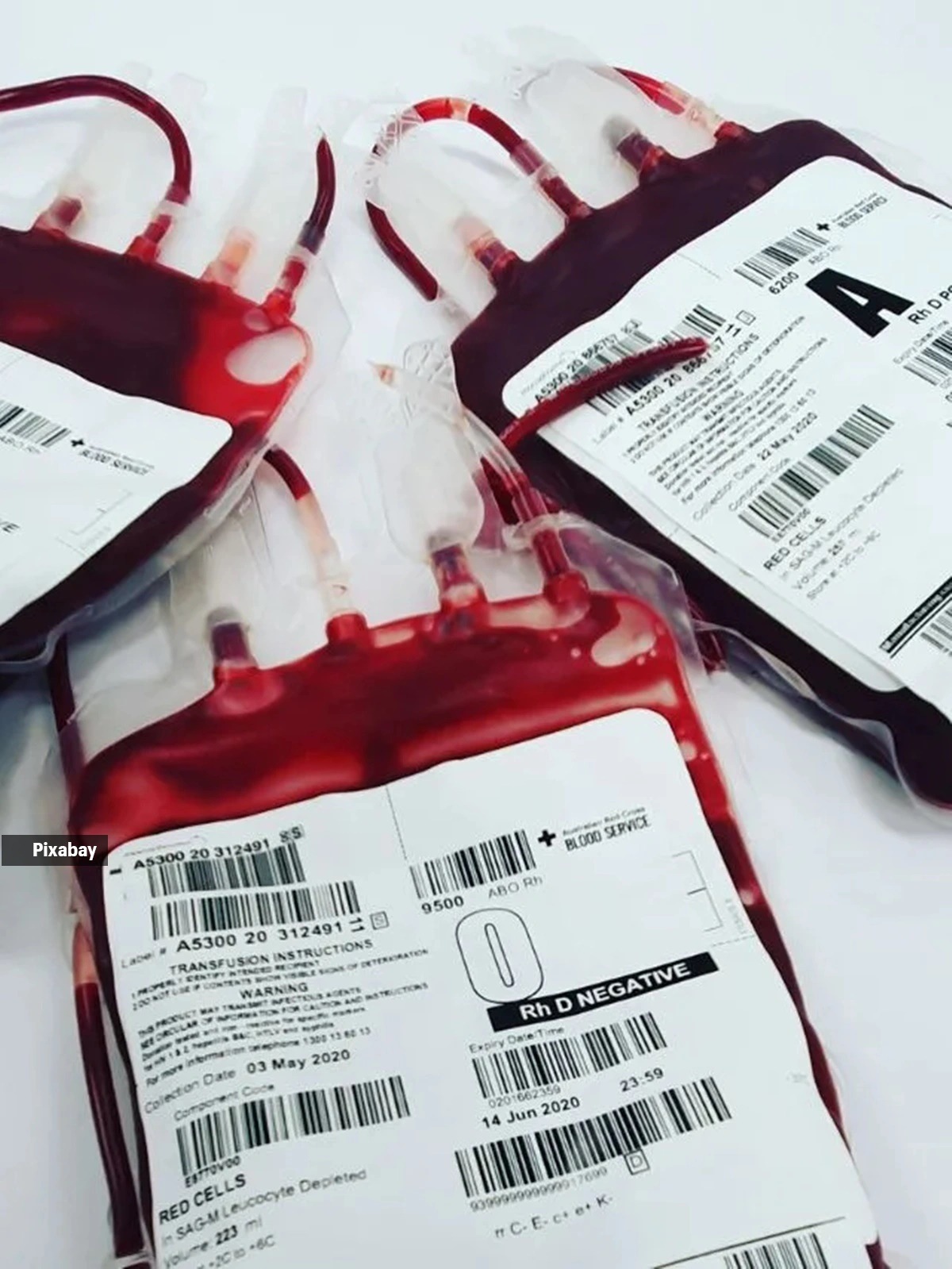
Transfusions of more than 60 mL/kg were also associated with an increased risk of major adverse events including post-operative sepsis, dialysis, and graft failure, said Dr Vishal Khante, senior cardiothoracic surgeon, Kamineni Hospitals, Hyderabad.
“Some recent prospective studies have suggested that the use of blood products, even in low-risk patients, may adversely affect clinical outcomes. Although still rarely reported, transfusional graft-versus-host disease is almost invariably fatal which is a systemic disorder where the donated tissue is not accepted by the recipient’s cells,” described Dr Khante.
What are transfusion-free transplants?
Story continues below this ad
This is where the idea of transfusion-free transplants comes into the picture. In this, the patient’s own blood is restricted from loss and is transfused into the patient’s own body. “This not only restricts blood loss to almost zero, but it also restricts the risk of infections, reduces the chances of the body’s adverse reaction to an external organ, brings down immunity compromise, and quickens the patient’s recovery process,” said Dr Dhiren S Shah, director and consultant, cardiothoracic and vascular surgery department, director, heart and lung transplant program, director, Mechanical Circulatory Support program – Marengo CIMS, Ahmedabad.
 Is transfusion-free transplants better? (Source: Pixabay)
Is transfusion-free transplants better? (Source: Pixabay)
Also called bloodless surgeries, it is a safe alternative for patients who have serious conditions but cannot or choose not to receive any blood or blood products (red cells, white cells, plasma or platelets), said Dr Shrey Srivastav, MD (Internal Medicine), Sharda Hospital.
How is it conducted?
Blood conservation techniques include:
*Simulating bone marrow to produce red blood cells
*Cell saver: This machine collects blood that is lost during surgery and recycles it back into the patient’s body. The cell saver will remove any debris and other contaminants from the blood and separate the red blood cells to be returned to the patient through an intravenous line.
*Cardiopulmonary bypass: The heart-lung machine is used to divert blood and add oxygen to it before returning it to the heart. This replaces the function of the lungs and is primarily used so the heart can be stopped for surgery.
Story continues below this ad
*Hemodilution: Before surgery, a particular amount of concentrated blood is drawn from the patient and the same amount of fluid is infused into the patient’s body to dilute their blood so there is less blood loss during surgery. After surgery, the concentrated blood is returned to the patient’s body.
How do they help?
Blood-sparing (or blood-conserving) surgery offers patients a transfusion-free alternative that features a wide range of advantages:
In addition to avoidance of blood-borne viruses and infections through transfusion, a stronger immune system and prevention of inflammatory and allergic reactions, there are fewer reactions from blood stored for a longer period of time, said Dr Srivastav.
Moreover, transfusion-free heart transplants reduce the burden on the Indian blood banks, which are already stretched thin due to the high demand for blood, said Dr Khante.
Story continues below this ad
“The future of transfusion-free transplants in India is promising, as medical technology continues to advance, and more hospitals adopt this technique. With the increasing demand for safer transplant procedures and a reduction in the risk of blood transfusions, the number of transfusion-free transplants is likely to increase in the future,” added Dr Khante.
How is it touted as better than traditional blood transfusions?
Dr Shah mentioned that bloodless patients have been witnessed to do better than the ones who receive transfusions”.
Apart from transfusion-free surgeries bypassing the blood transfusion-related complications, Dr Srivastav elucidated how traditional methods usually need high-volume blood replacements, which “so sometimes gets difficult to get”. Procuring large amounts of blood from the same blood group may be difficult at all times. Transfusion-free surgeries bypass this problem,” he said, adding that the hospital stay and post-surgical complications are less in transfusion-free surgeries.
Can transfusion-free surgeries be recommended for all?
Story continues below this ad
Such transfusion-free surgeries can only be done on the treating doctor’s recommendation and whether they feel the need. “Such transfusion-free practices are very effective in low-weight populations, children, neonates, and patients suffering from serious cardiac issues,” Dr Srivastav told indianexpress.com.
According to Dr Srivastav, in a post-Covid world, it definitely will have some extra edge over traditional techniques.
What more?
The average cost may vary from three to seven lakhs depending upon other co-morbid conditions, said Dr Srivastav, in comparison to traditional transplants of the heart which vary from 10 lakhs to 25 lakhs. “While it’s becoming popular, not all hospitals have transfusion-free transplant surgeries at the moment,” Dr Srivastav said.
📣 For more lifestyle news, follow us on Instagram | Twitter | Facebook and don’t miss out on the latest updates!


 Is transfusion-free transplants better? (Source: Pixabay)
Is transfusion-free transplants better? (Source: Pixabay)

























